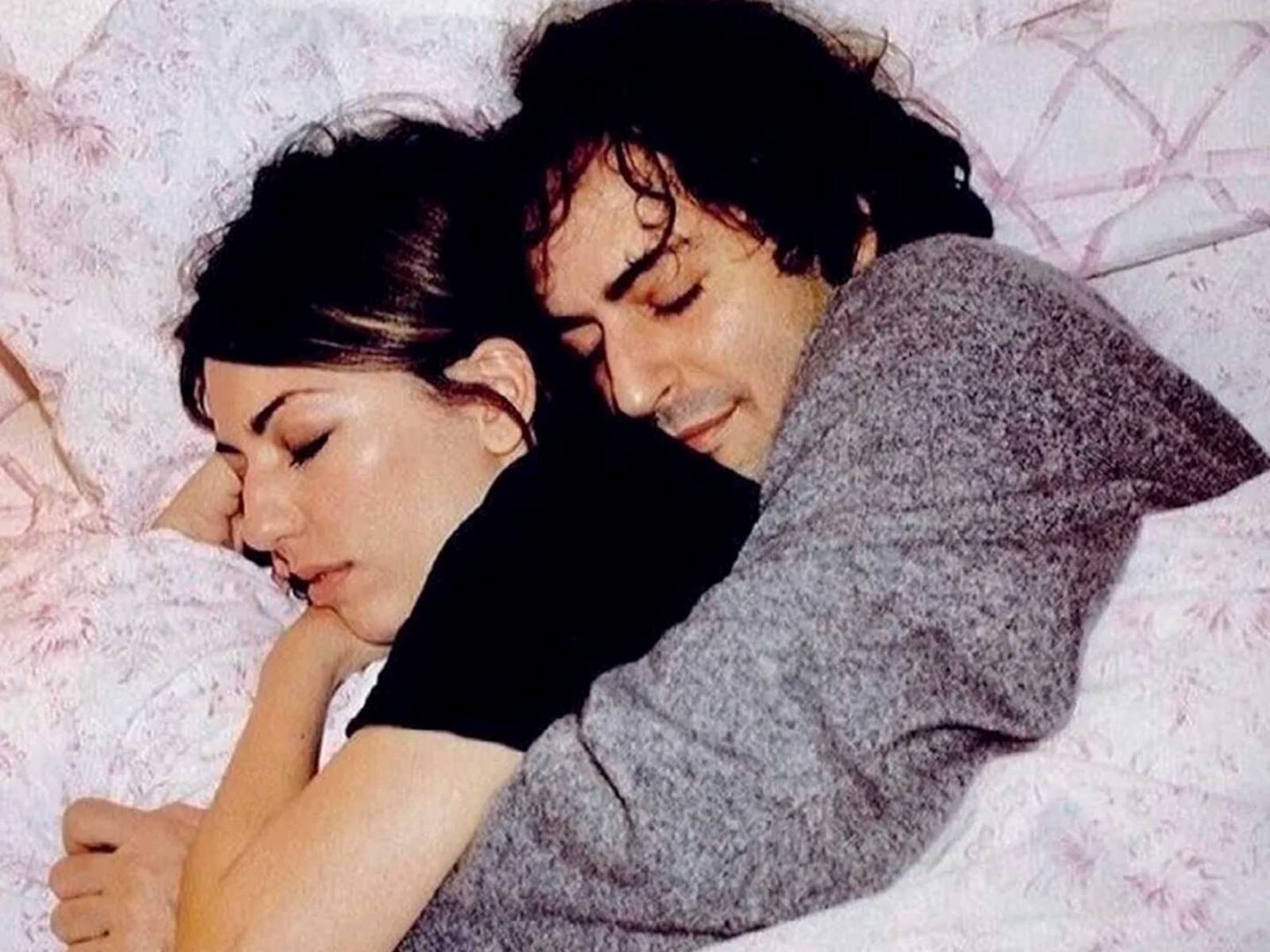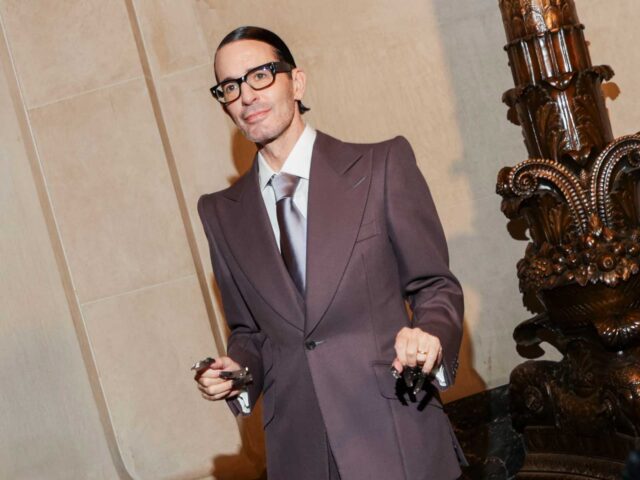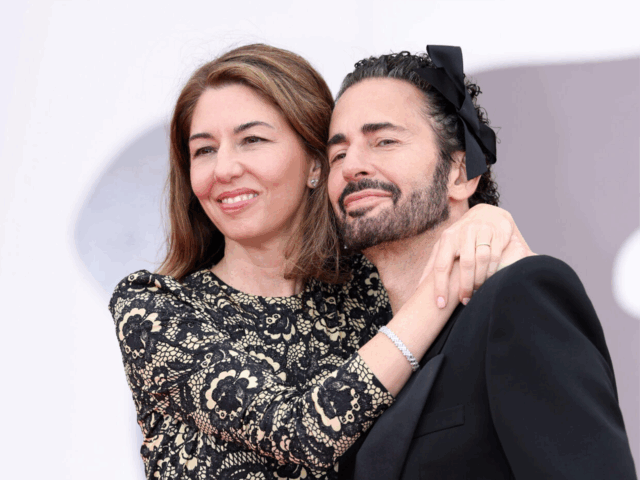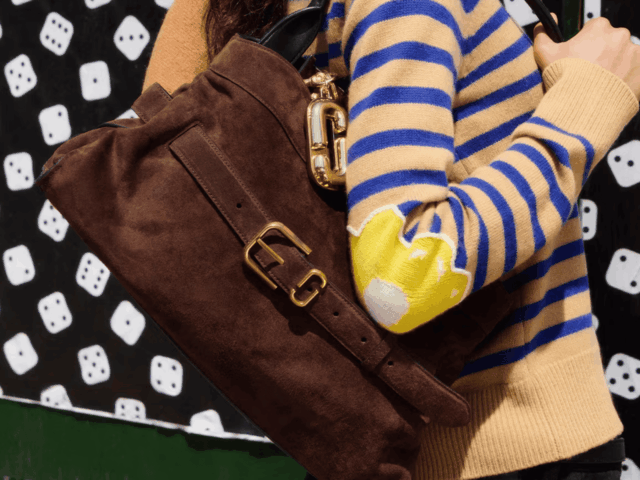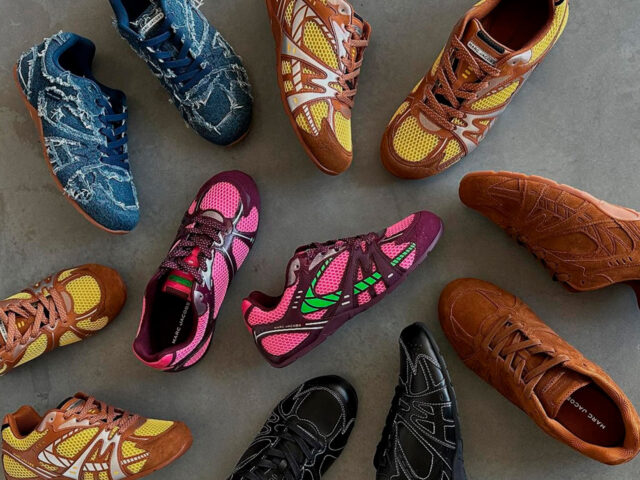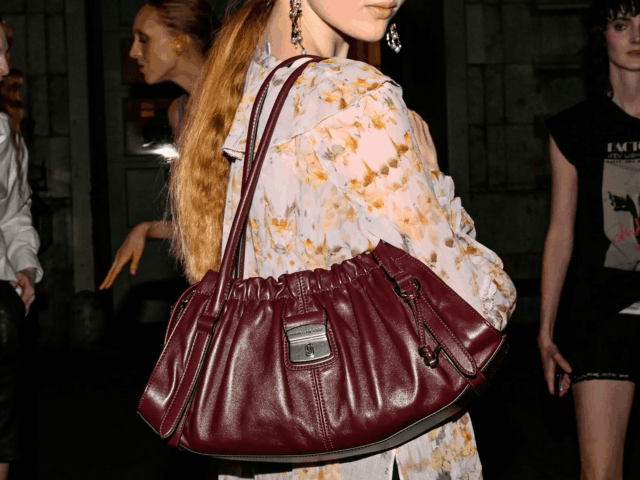The union between Sofia Coppola and Marc Jacobs—two names that have been quietly intertwining for decades on the most sophisticated fringes of art, fashion, and contemporary culture—takes a definitive step: the Golden Lion-winning filmmaker directs her first documentary, with the New York designer as the absolute protagonist. “Marc by Sofia” will premiere out of competition at the upcoming Venice Film Festival, adding an unexpectedly intimate dimension to the film circuit and reaffirming their status as cultural icons.
Although this project is billed as Coppola’s documentary debut, her relationship with Jacobs is anything but recent. The director of Lost in Translation, Marie Antoinette, and Priscilla has been a recurring muse and essential collaborator of the designer for more than two decades. From his appearance in the iconic 2002 campaign shot by Juergen Teller for the eponymous Marc Jacobs perfume, to his collaborations during his time as creative director at Louis Vuitton—including a capsule of handbags that remains a benchmark—to the ethereal Daisy ads and his involvement with Heaven by Marc Jacobs, Coppola has been an aesthetic and spiritual accomplice.
“Marc by Sofia,” in addition to being a nostalgic play on words referencing the now-defunct Marc by Marc Jacobs line, is anticipated as a close-up, stylized look at the career of the designer who redefined the language of American fashion. From his beginnings at Parsons, where he was the youngest designer to receive the CFDA’s Perry Ellis Award, to his historic 1992 grunge collection—which led to his dismissal, but also to his legendary status—Jacobs has been a disruptive and visionary force. Her time at Louis Vuitton not only elevated the house to a new level of cultural relevance, but also ushered in an era of collaborations that are now standard in the industry. Think Murakami, Stephen Sprouse, Yayoi Kusama.
In a poetic gesture, it is Coppola who now holds the mirror to narrate the life of a man who, like her, has played with the codes of taste, femininity, nostalgia, and irony. The trust between the two is palpable. In her own words, written in the book Marc Jacobs Illustrated (Phaidon): “When I met Marc, we connected immediately. I had met great designers before, but he was different: in his worn-out Stan Smiths, he talked about the same bands, the same artists, and shared that ironic sensibility about what it means to be ‘ladylike.’”
This documentary is not just a portrait. It is a testament to a generational friendship, a shared aesthetic, a complicity that has quietly influenced the cultural codes of our time. Its premiere in Venice is no coincidence: the floating city is the perfect setting for this contemporary fable between fashion and cinema.
Meanwhile, Sofia Coppola is celebrating the 25th anniversary of The Virgin Suicides with an unprecedented monograph—the first publication under her new publishing label, Important Flowers—and is collaborating with Chanel on an editorial and audio series on the history of haute couture. Her daughters, Romy and Cosima, made their debut just weeks ago on the maison’s front row, accompanied by Kirsten Dunst, in what appears to be the continuation of an aesthetic lineage that transcends generations.
Marc Jacobs, for his part, opened the summer with his Fall 2025 collection at the New York Public Library: a show of theatrical proportions that reaffirmed that his name remains synonymous with relevance, risk, and reinvention.
X-Girl, the streetwear style by Chloë Sevigny and Sofia Coppola from the 90s, is back.
Sigue toda la información de HIGHXTAR desde Facebook, Twitter o Instagram
You may also like...
